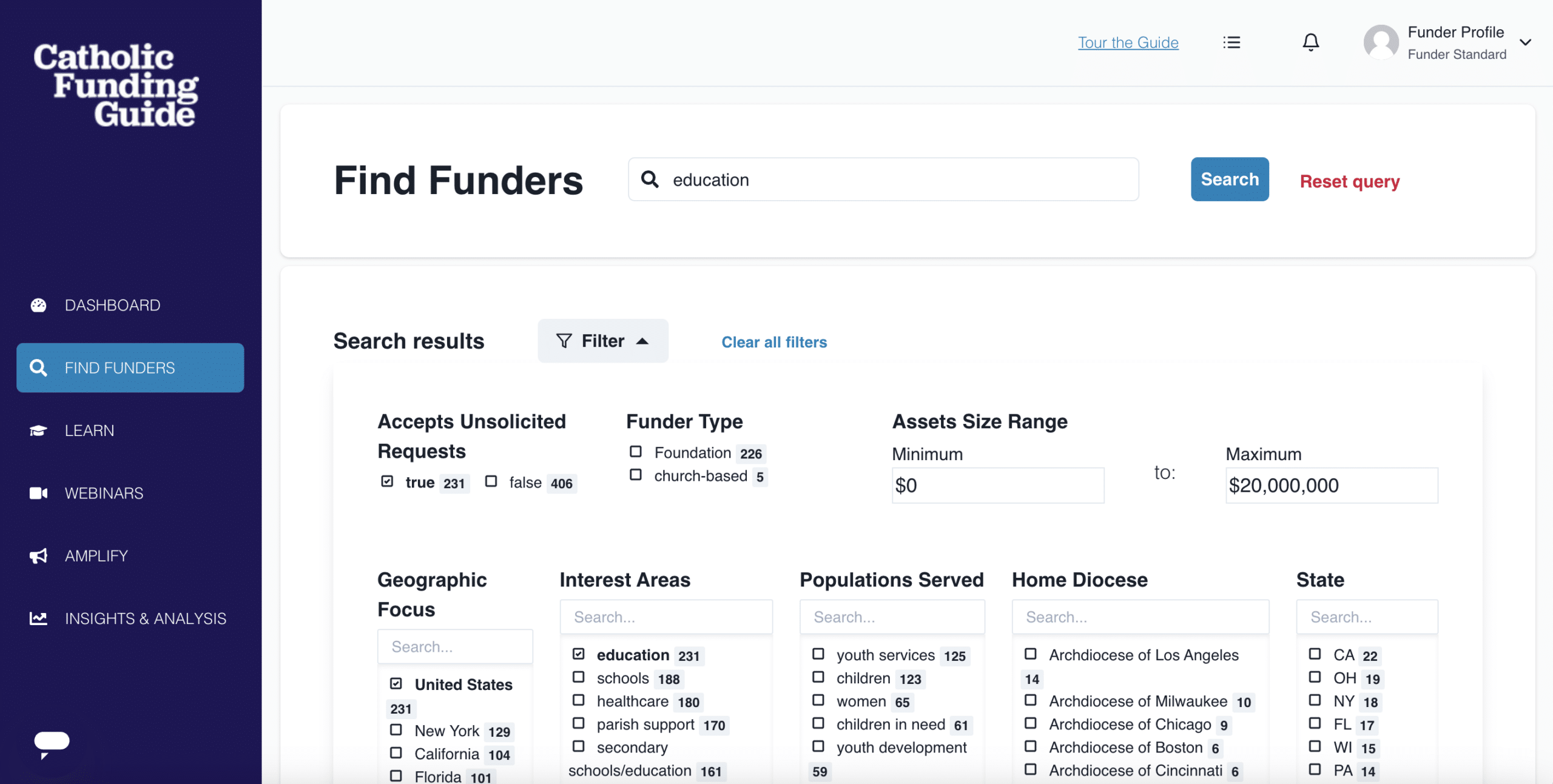Retaining donors is an important part of maintaining and growing your fundraising revenue. It is generally agreed that it is more efficient and cost-effective to retain current donors than to find new ones, so it can be quite concerning when annual donations begin to decline. One of the reasons donors may lapse is donor fatigue.
What is Donor Fatigue?
“Donor fatigue: (noun) a lessening of public willingness to respond generously to charitable appeals, resulting from the frequency of such appeals.”
– Oxford Languages Online Dictionary
One of the first signs of donor fatigue in a Catholic nonprofit organization is a decrease in donations. While a single appeal that performed badly doesn’t necessarily indicate an issue, a pattern of decline is a red flag. For example, if you have noticed a trend of declining donations and lower donor retention levels, or even metrics such as declining email open or click rates, these can be clear indicators of how your supporters are feeling.
Causes of Donor Fatigue
The definition of donor fatigue pinpoints the frequency of appeals as the primary cause of the issue, however, there are other important factors that play roles.
Oftentimes, increasing the frequency of asks can be helpful in maximizing the revenue obtained through fundraising. At the same time, from the donor’s perspective, frequent asks can be demoralizing. When they receive repeated requests for money without hearing about the difference their gift makes, they may begin to feel that their gifts do not make a difference and are not appreciated. They may even become desensitized to the real, important needs of your organization. Rather than developing a personal connection with your organization, they may feel that they are simply one of many contacts in your database.
In all aspects of life, feeling unappreciated, unwanted, unimportant, and unvalued breaks down relationships. For donors, these feelings diminish their desire to contribute to your work, leading to fewer donations and less engagement.
Preventing Donor Fatigue
Fortunately, preventing donor fatigue is as simple as taking a thoughtful, donor-centric approach to fundraising. Essentially, as you plan your fundraising strategy, put yourself in the donor’s place. What would make you feel more welcome? What would inspire you to give again?
Examine your overall strategy. How often do you reach out to donors without asking for donations or other commitments? Create or update your communication calendar to address any areas for improvement, ensuring there are non-ask touchpoints between each appeal a donor will receive.
Gratitude is essential. Of course, it’s important to thank donors after each gift they make, sharing the impact of their contribution in a personal way. Expressing gratitude and demonstrating impact are key in building positive donor relationships.
Fortunately, preventing donor fatigue is as simple as taking a thoughtful, donor-centric approach to fundraising.
Send thoughtful appeals. What motivates donors to give? Address that motivation in each appeal. For example, you might send targeted appeals to donors based on their personal characteristics, which will help them feel more closely connected with your organization. You can target criteria such as:
- Areas of interest
- Level of giving
- Giving patterns
Offer a variety of ways to give. One simple way to prevent donor fatigue is to present multiple options for giving, so each donor can choose one or more that best fits their lifestyle, needs, or giving preferences. These options could include:
- Recurring monthly (or quarterly) gifts
- Legacy gift
- Gifts of stocks or bonds
- In-kind gifts for auctions or raffles
- Employer matching gifts
Know your donors. The better you know your donors, the easier it is to meet their needs and ensure they are fulfilled in giving to your organization. Keeping good records helps you personalize communications with your donors as much as possible. With a detailed giving history for each donor, you can better understand what prompts them to give, how they prefer to give, and other pertinent information.
Focus on the positive impact of your work. Finally, in your appeals, avoid frequently using catastrophic language. Appeals that incorporate great, urgent need can be effective, but they begin to lose their impact when each one uses that same tone. Taking a positive approach at times—sharing feel-good stories of the results of your work, for example—can be quite effective.
By taking a donor-centric approach to your fundraising, you can provide a positive experience and ongoing connection, keeping donors enthusiastic about the work of your organization and preventing donor fatigue. To learn more about how to foster relationships with donors, read our blog posts on Building Funder Relationships and How to Prepare for and Conduct Donor Meetings.



